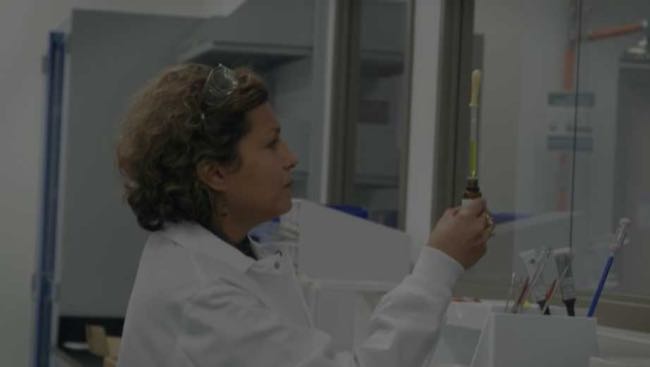Scientists
doTERRA’s team of expert scientists and research partners have revolutionized the essential oil industry through state-of-the-art testing and unrelenting innovation.
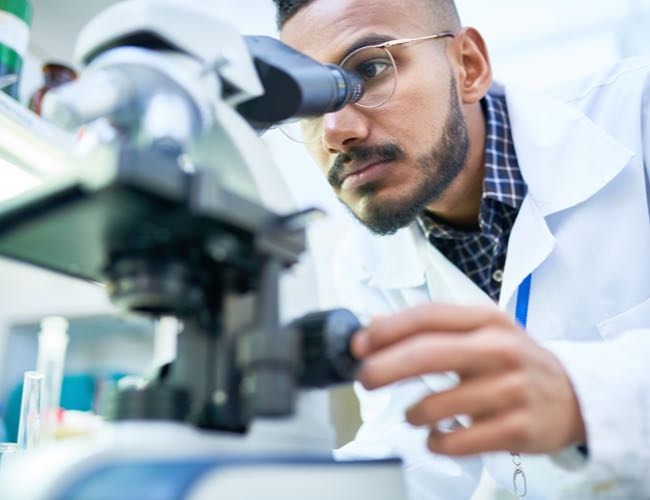
The dōTERRA
Difference
Unlike others in the essential oils industry, doTERRA is built on firm science. doTERRA employs more than 30 scientists and boasts 2,200 square feet in cutting-edge laboratory space. doTERRA’s committed scientists continue to push the boundaries of rigor in essential oil testing and they are responsible for breakthroughs in sourcing, evolving models of use, and state-of the-art testing procedures. doTERRA has pushed aromatherapy tradition into the 21st century and remains the unmatched industry leader in innovation.
Certified Pure Tested Grade™
doTERRA’s state-of-the-art lab uses the most advanced testing methods to verify the purity and potency of its essential oils.
After the aromatic compounds are distilled from the plant material, each batch is scrupulously tested to ensure that it meets CPTG Certified Pure Tested Grade™ standards.
doTERRA developed this rigorous criteria to certify that its oils contain no added fillers, synthetic ingredients, or harmful contaminants. Utilizing its own facilities, as well as trusted third-party labs, doTERRA essential oils undergo the CPTG process to ensure that customers receive the highest quality oil, every time.
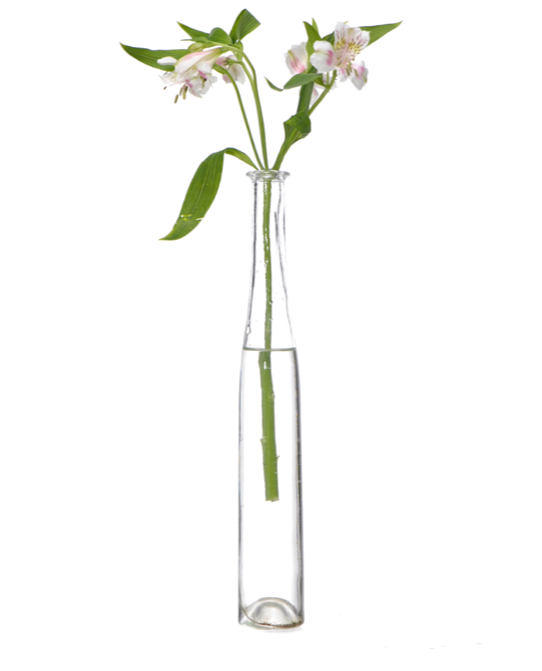
Most Tested.
Most Trusted.
The doTERRA mission hinges on discovering and developing the world’s highest quality essential oils, and we stay at the forefront of scientific advances by partnering with selected academic, industry, and scientific institutions.
Gas Chromatography and Mass Spectroscopy (GC/MS) have been touted as the standard for essential oil testing, and while they remain an early indicator of quality, they are not a definitive indicator of quality.
As such, doTERRA has developed a testing sequence that far exceeds the industry standard in both breadth and scope. Each step ensures that only the highest quality essential oils pass through quality control, quality assurance, and on to you and your family.
Each batch of essential oils goes through a battery of rigorous and definitive tests.
These tests include the following:
- Organoleptic Assessments
-
Specific Gravity
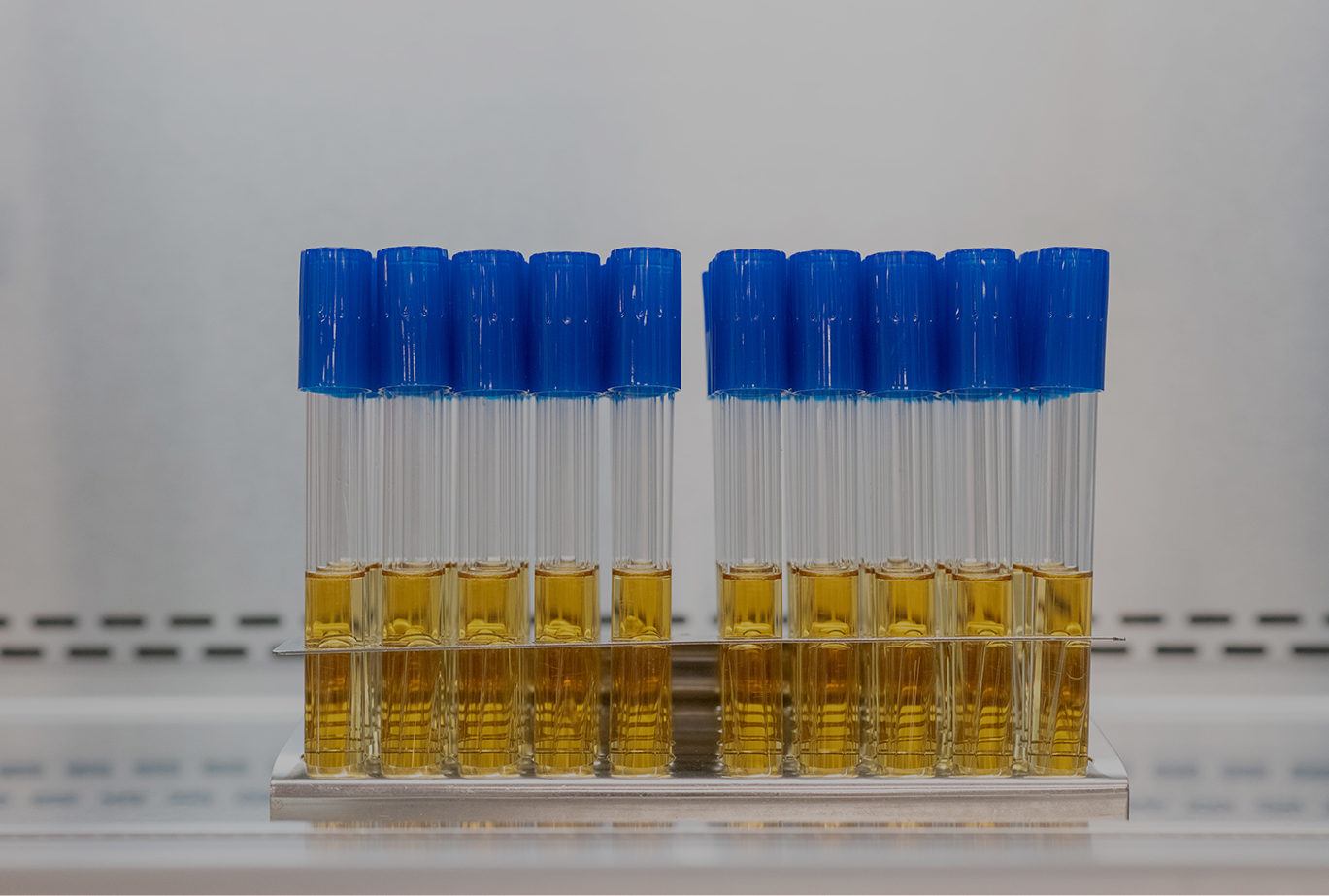
2. Specific Gravity
The specific gravity portion of the testing process compares the volume-to-weight ratio to reference standards to verify oil quality and purity.
- Gas Chromatography/ Mass Spectroscopy (GC/MS)
- Fourier Transform Infrared Spectroscopy (FTIR)
-
Optical Rotation

5. Optical Rotation
Optical rotation tests for chirality by measuring the amount of light bend produced by the orientation of the molecules to determine whether the molecular structure complies with the determined standard.
-
Refractive Index

6. Refractive Index
A refractometer is used to determine the essential oil’s refractive index—a measurement of how light spreads through a specific substance—to ensure that the essential oil meets doTERRA’s established standards.
-
Contamination Testing
7. Contamination Testing
Batches that meet the physical testing criteria are then run through a series of on-site contamination tests by expert microbiologists to confirm that there are no harmful contaminants. The oils are tested for potentially harmful microorganisms, heavy metals, and pesticides to certify safe use when proper usage guidelines are followed.
-
Stability Testing

8. Stability Testing
doTERRA also conducts on-going stability testing to ensure that essential oils will maintain their purity and efficacy for the length of their intended use. In this series of tests, chambers that alter temperature and humidity are used to analyze how essential oils react when exposed to different atmospheric conditions for extended periods of time. This testing protocol ensures that doTERRA essential oils will continue to provide safe and effective benefits for years.

2. Specific Gravity
The specific gravity portion of the testing process compares the volume-to-weight ratio to reference standards to verify oil quality and purity.

5. Optical Rotation
Optical rotation tests for chirality by measuring the amount of light bend produced by the orientation of the molecules to determine whether the molecular structure complies with the determined standard.

6. Refractive Index
A refractometer is used to determine the essential oil’s refractive index—a measurement of how light spreads through a specific substance—to ensure that the essential oil meets doTERRA’s established standards.
7. Contamination Testing
Batches that meet the physical testing criteria are then run through a series of on-site contamination tests by expert microbiologists to confirm that there are no harmful contaminants. The oils are tested for potentially harmful microorganisms, heavy metals, and pesticides to certify safe use when proper usage guidelines are followed.

8. Stability Testing
doTERRA also conducts on-going stability testing to ensure that essential oils will maintain their purity and efficacy for the length of their intended use. In this series of tests, chambers that alter temperature and humidity are used to analyze how essential oils react when exposed to different atmospheric conditions for extended periods of time. This testing protocol ensures that doTERRA essential oils will continue to provide safe and effective benefits for years.
Scientific Experts and Advisors
Along with an impressive staff that oversees the day-to-day testing and chemical processes for doTERRA essential oils, doTERRA has assembled the industry’s most distinguished group of advisors.
Our unrivaled scientific experts and advisors include the world’s foremost authorities in essential oil chemistry, botany, microbiology, physiology, research science, nutritional science, and nutraceuticals.

Founding Executive, Chief Medical Officer / Chairman, Scientific Advisory Committee
Dr. David Hill, D.C
For many years Dr. David Hill, D.C. has utilized the benefits of essential oils in modern health practices, and as a physician he is a well-known expert in essential oils and integrative medicine Dr. Hill partners with physicians and hospitals around the world defining and establishing the medical integration and use of essential oils in modern health practices. He fosters education and advances in essential oil science through a number of university and research affiliations providing cutting edge science for essential oil users. He is a frequent guest on many radio and television shows and has authored a number of books and other publications. Dr. Hill stands at the head of a new era dedicated to empowering others to take control of their own health.
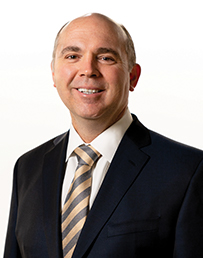
Chief Medical Office, VP, Medical and Scientific Initiatives
Dr. Russell Osguthorpe
Dr. Russell Osguthorpe currently serves as the Chief Medical Officer of doTERRA International. He’s establishing a virtual healthcare delivery platform focused on wellness and prevention through integrative, evidence-based medical practices. His work at doTERRA also revolves around directing research on the use of essential oils in healthcare settings. Dr. Osguthorpe received his medical degree from the McGill University School of Medicine, completed his residency at the Children’s Hospital in Denver, Colorado, and Pediatric Infectious Diseases Fellowship at Washington University School of Medicine. He and his wife Mary, have five children and one beautiful granddaughter.
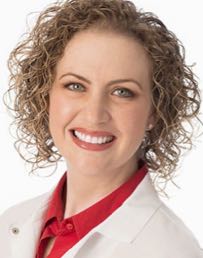
Research and Development Scientist
Nicole Stevens, M.S.
Nicole Stevens has been conducting research with essential oils for more than 20 years. She holds a Bachelor’s degree in Technical Writing and a Master’s degree in Botany and Integrative Biology from Brigham Young University. Nicole has worked in quality control laboratories in the nutraceutical industry as well as academic research laboratories at the University of Utah and the University of Nevada Las Vegas Cancer Research Institute. In addition to research, she has taught courses in chemistry and biochemistry at Brigham Young University – Idaho and University of Nevada Las Vegas. Nicole is dedicated to advancing our understanding of essential oils through research and education. She is currently pursuing a PhD in Biochemistry and Molecular Biology from the University of Miami, studying how essential oils affect human metabolic pathways.
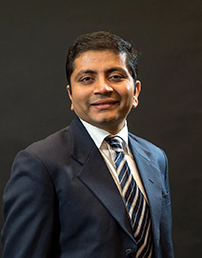
Head of Essential Oil Science
Prabodh Satyal
Dr. Prabodh Satyal is originally from Nepal where he worked as a lecturer in organic chemistry at Kathmandu University. He moved to the United States to pursue research in essential oils at the University of Alabama, where he received his MS and Ph.D. in essential oil research. He has studied the chemical composition of more than 10,000 essential oils from various parts of the world, has published more than 100 research articles in peer reviewed journals, and is also an editorial member of several journals. Prabodh has a special interest in essential oil adulteration detection using marker based analysis and has created the only known mass spectral library of synthetic markers. He has played a significant role in establishing several essential oil databases and has spoken at ten reputable international conferences. He is currently developing the first ever fully automated adulteration analysis software for GCMS that will identify the percentage of purity, origin, and mixed sources in essential oils.
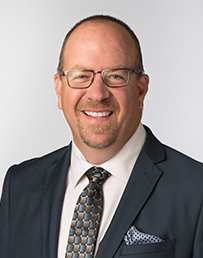
VP of Clinical Initiatives; Chairman, Medical Advisory Board
Dr. Brannick Riggs, MD
Dr. Brannick Riggs was born in Lafayette, Indiana, but was raised in various parts of the world. He is a board certified Family Practitioner. In 2001, he graduated from the University of Arizona College of Medicine in Tucson while receiving some of his training in complementary and alternative medicine. After graduation, he was privileged to attend the McKay-Dee Family Practice Residency Program, which brought him and his family to Ogden, Utah. He enjoys treating the full spectrum of family medicine and is a member of the American Academy of Family Physicians. Dr. Riggs served as Medical Director of his busy five provider practice as well as for a nursing home and two hospice groups. He has also served as the Northern Utah Medical Director for Revere Health from 2014–2017.
Dr. Riggs has a strong interest in value-based healthcare and is passionate about changing the profession that he loves for the betterment of patients and physicians. He was honored to have received the Patients’ Choice Award for seven consecutive years. He is now Chairman of the Medical Advisory Board and Vice President of Clinical Initiatives for doTERRA. He enjoys using the oils in his home and integrating them into his medical practice to bless the lives of patients. When not working, Dr. Riggs and his wife, Juli, enjoy spending time with their five children in the outdoors of the Wasatch Front. They garden, tend to their small farm, and love to travel the world together.
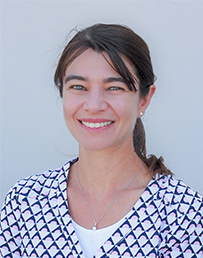
Director of Product Safety
Cécile Bascoul, MS, PhD.
Dr. Cécile Bascoul has over 15 years of experience in clinical and pre-clinical research, from academia, as well as the pharmaceutical, cosmetic and nutraceutical industries. Her team acts as scientific support specialized in toxicology and product safety for multiple departments at doTERRA. Cécile first trained as Laboratory Technician in Biology and Biotechnology and then passed her Masters in Biotechnology from École Supérieure d’Ingénieurs de Luminy, in France. Cécile obtained her PhD. in Biosciences from Cardiff University, UK, where she also completed her postdoctoral research. Her work focused on the effects of omega-3 fatty acids and other dietary supplements in degenerative diseases. Before joining doTERRA, Cécile managed pre-clinical studies and early stage clinical trials for the development of new topical analgesics at a small pharmaceutical company in Houston, TX.
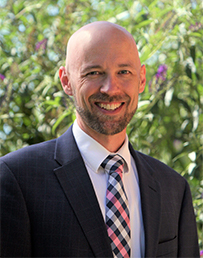
Director of Product Management, Essential Oils
Scott A. Johnson
As one of the most prolific natural medicine writers of the 21st century, Scott A. Johnson has empowered tens of thousands of individuals to realize greater wellness naturally through more than fifteen books and over 300 articles in online and print publications. He is expert in the clinical use of both essential oils and dietary supplements. His diverse educational background and critical mind allow him to take complex health topics to any audience. He is an acclaimed international speaker and has delivered keynote presentations across North America, Europe, and Asia. He travels the globe sharing his passion for people and natural medicine.
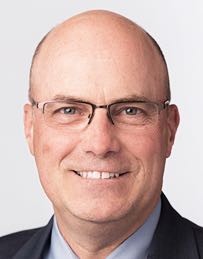
Director of Research and Development
Ryan Finch
Ryan oversees the research and product development activities for dōTERRA. He has over 30 years of experience in the nutritional supplement industry including product formulation, material sciences, manufacturing processes, quality assurance procedures, product stability testing, and regulatory compliance practices. He is passionate about innovation and designing the most effective products available through implementing new materials research and manufacturing technologies. Ryan has been an advocate for continuous improvement throughout his career and enjoys leading his teams to new discoveries and to more efficient and effective procedures. Ryan holds a Bachelor of Science in Manufacturing Engineering Technology from Brigham Young University.
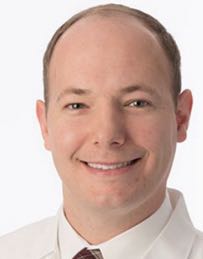
Managing Scientist, Nutraceuticals
Alex M. DaBell, M.S.
For more than a decade, Alex DaBell has developed some of the highest quality nutraceuticals available. He holds a Bachelor of Science in Biology and a Master of Science in Physiology and Developmental Biology from Brigham Young University. Alex loves researching how to pair the unique benefits of essential oils with other traditional nutritional ingredients to create superior nutraceuticals. He enjoys the excitement and challenge required to develop innovative and efficacious products and values the partnership of dozens of professionals around the world to bring new concepts to market.
Alex, his wife Lisa, and their four children enjoy the outdoors, making beautiful music, and trying out new recipes.
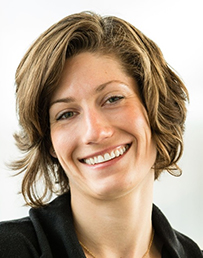
Managing Scientist - Essential Oil Development
Brittany Graf
Dr. Graf received her PhD in Natural Products for Human Health in 2014 from Rutgers University. As Associate Director of Training for the Global Institute for BioExploration and a Fulbright Fellow, she partnered with universities, non-profits, and local communities for 8 years to explore the antimicrobial and antioxidant activities of over 350 traditionally used medicinal plants in in Bhutan, Chile, Cuba, Ecuador, Kenya, Namibia and the USA. Within the personal care and supplements industry over the past 4 years, Dr. Graf has focused her research on agricultural and extraction technologies that enrich bioactive content in natural products and promote environmental sustainability. Her mission at doTERRA is to leverage the amazing Co-Impact Sourcing framework to develop essential oil-based products that benefit human health while improving the wellness of the planet and agricultural communities. She has a passion for building team leadership, thought and collaboration that can drive positive, lasting changes at the local and global scale.
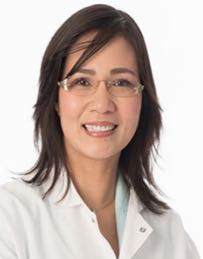
Senior Research and Development Scientist
Thao Le
Thao has a love of science as demonstrated through her work on Personal Care and Household products for over eighteen years. Prior to joining doTERRA, she has been instrumental in creating world class products for Arbonne, Nu Skin, Neways, Dr. Perricone, Pfizer, Procyte, Pharmacia Upjohn and many more at Sorenco Laboratories. Her experience in working as an Analytical Chemist at Weider Nutrition International for over eight years gave her key insights into cosmetic product formulation. She is passionate about making the best product using the most innovative, safe ingredients and enjoys seeing the satisfaction from Wellness Advocates eyes after testing doTERRA products. Thao earned a Bachelor of Science in Chemistry from the University of Utah in 1999.
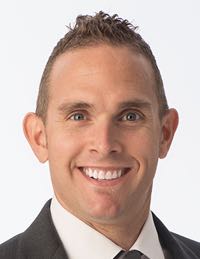
Health and Exercise Scientist
Damian Rodriguez, DHSc, M.S.
Dr. Damian Rodriguez is the health and exercise scientist for doTERRA International, LLC. He holds a doctorate in health science, a master’s degree in exercise physiology, and countless professional certifications in exercise and nutrition. He has spent most of his life researching nutrition, exercise, and the lifestyle behaviors associated with optimal health. Along with his passion for health, as someone who lives with Asperger’s Syndrome, he is also involved in bringing awareness to autism spectrum disorders by serving as a mentor, as well as speaking and writing about his experiences being a husband and father with an autism spectrum disorder.
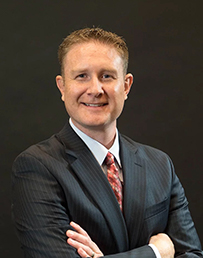
VP of Quality
Aaron Sorensen
Aaron Sorensen is currently pursuing a Ph.D. in Biochemistry and Molecular Biology from the University of Miami. He received undergraduate degrees in Chemistry and Material Engineering from the University of Utah and went on to receive a Master’s of Science from Colorado Tech. Aaron has spent over a decade managing teams focused on Quality Assurance and R&D in the dental, cosmetic, food and dietary supplement, and essential oil industries. Recently Aaron has concentrated his studies and efforts in essential oil sourcing and purity testing, building relationships with more than 50 producers worldwide through on-the-ground development in over 25 countries.
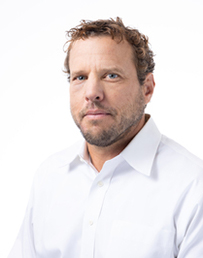
Director, Quality Control & Analytical Science
Michael Scott
Michael Scott started his professional career in 1992 as a Quality Control microbiologist for Abbott Laboratories. He quickly worked his way into supervisory positions encompassing the entire facility and later became a Quality Engineer to assist with the spinoff of Abbott’s Hospital Products division into Hospira, which was later acquired by Pfizer.
After 12 years he was lured away by a biotech startup called LabNow, which was ultimately unsuccessful, however, he had many highly successful experiences as a Quality Executive at such prestigious companies as Tissue Genesis, Charles River Laboratories, Integra Lifesciences, and Charlotte’s Web prior to joining doTERRA in March of 2021.
Michael holds a bachelor’s degree in biology from the University of Texas at Austin and a master’s degree in Quality Systems Management from the National Graduate School of Business in Falmouth MA.
He is also a 3,000-hour instrument rated private pilot and a lifelong athlete who holds multiple championships in Road and Track cycling as well as Brazilian Jiujitsu. His free time is spent hiking, backpacking, hunting and flyfishing, usually with his three dogs in tow.
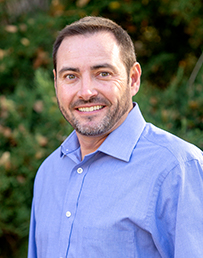
Director, Quality Assurance
Ryan Keller
Ryan Keller is a strategic leader with ingenious problem-solving abilities and is strongly committed to product quality, customer satisfaction, and business success. Ryan graduated from the University of Utah in Biomedical Engineering and later pursued a Master’s in Business Administration from Brigham Young University.
Much of Ryan’s career has been in the regulated industries of class II/III medical device in a myriad of roles, including process and manufacturing engineering, research and development, and quality engineering. He has worked on projects involving stent grafts, heart valves, IV infusion therapy, orthopedic spinal implants, and much more.
Ryan has in-depth understanding and experience with Quality Management Systems, including FDA, ISO, NSF, TGA, etc. He is responsible for leading the various internal and external audits to support doTERRA’s international regulatory compliance. He is trained in ASQ CQE, Six Sigma / Lean manufacturing principles and methodologies, and other related programs, which is invaluable in providing leadership for business process excellence.
As the Director of Quality Assurance at doTERRA, Ryan enjoys working with various teams of talented and dedicated professionals. He’s passionate about continuous improvement, helping people live healthy lives, and delivering outstanding products to customers and business partners worldwide.
Partnerships
The Aromatic Plant Research Center (APRC) is a state-of-the-art laboratory that utilizes a variety of methods to detect adulteration and confirm the purity of essential oils.
The United Natural Products Alliance (UNPA) is an international association representing more than 100 best-in-class natural products, dietary supplement, functional food, and scientific and technology and related service companies that share a commitment to providing consumers with natural health products of superior quality, benefit and reliability.
The Sustainable Herbs Program (SHP) was created to support high quality herbal remedies, sustainable and ethical sourcing, and greater transparency in the industry.
The Council for Responsible Nutrition (CRN), founded in 1973 and based in Washington, D.C., is the leading trade association representing dietary supplement and functional food manufacturers and ingredient suppliers.



